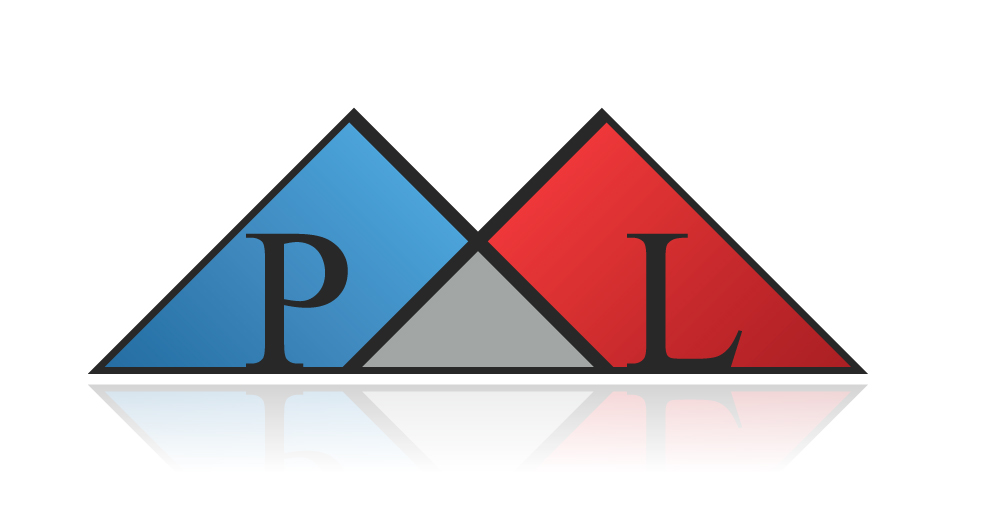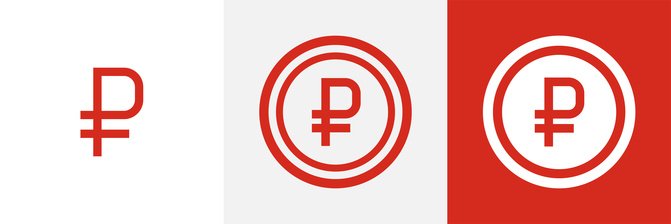Peter Lilley
Acknowledged AML Expert
Founder & Owner of Proximal Consulting
Author of "Dirty Dealing: the untold truth about global money laundering"
We have been carrying out enhanced due diligence enquiries on individuals in Russia (and sympathetic “satellite” countries such as Belarus and Kazakhstan) since 1999. We have delivered thousands of reports and in the process have identified various methods used by corrupt individuals to disguise their actual wealth and assets.
We have known for several years that the many high-profile Russians – particularly those who have derived substantial financial benefit from the corrupt Putin regime – have utilized numerous tools to avoid the disclosure of their ill-gotten gains. These include complex offshore structures, family members, front men (and women) and professional enablers acting as nominees.
In the current environment banks, financial institutions and all relevant businesses must ensure that they take measures to ensure that there is nothing (however obscure) which connects their client relationship with a sanctioned individual or entity.
As the sanctions against Russian individuals and entities are not yet harmonised on a global basis then it is vitally important that before entering (or maintaining) a client relationship all relevant sanctions risks are identified and assessed.
It should be borne in mind, particularly in relation to US sanctions, that the US could take action against a non-US entity for doing business with a US sanctioned person or entity if there exists the slightest connection to the US. For example, in 2014 BNP Paribas (France’s largest bank) agreed to pay a $9billion settlement with US authorities and plead guilty to breaking US sanctions against trade with Sudan, Iran and Cuba.
Sanctions Against Putin & Lavrov
Vladimir Vladimirovich Putin and Sergei Victorovich Lavrov are sanctioned by various countries including the United States, European Union Countries, the United Kingdom and Switzerland.
Whilst the sanctioning of the President and Foreign Minister of Russia has huge symbolic value, we must get real and appreciate that there will be no assets outside Russia which are held in the names of Putin and Lavrov. Note: I doubt that there are many (if any) assets held in Russia in their own names.
Follow the Corrupt Money Trail – to Their Nearest & Dearest
If a financial institution is approached by a Swiss national named Alina Kabaeva (born 12 May 1983 in Tashkent, Uzbek SSR) to establish a professional/financial relationship, she will not appear on any sanctions lists because there are no sanctions against her.
However, Alina Maratovna Kabaeva (Алина Маратовна Кабаева) is widely reported to be the girlfriend/partner/lover of Putin and mother of his children. Although her current location is unknown our best guess is that she is resident (or has been until very recently) in the Swiss canton of Ticino.
There are various important issues that this situation raises:
Why isn’t Alina Kabaeva sanctioned? Particularly as the US Republican Study Committee introduced the Putin Accountability Act to Congress in January 2022 which requested the Biden Administration “to submit to the appropriate congressional committees a report on the estimated net worth and known sources of income of Vladimir Putin and his family members, as well as of Alina Kabaeva, including assets, investments, other business interests, and relevant beneficial ownership information.”
Under what circumstances did Alina Kabaeva obtain Swiss citizenship?
Who owns her residential property?
What assets does she have (on a global basis) and how are they funded?
Sergei Lavrov, who is married, is reported to have a mistress, Svetlana Polyakova. She has a daughter called Polina Kovaleva. Ms Kovaleva (who has been described as Lavrov’s step-daughter) owns an apartment in Kensington, London which was purchased in 2016 for £4.4 million with no mortgage. She was 21 when this expensive flat was purchased.
Neither Svetlana Polykova nor Polina Kovaleva are sanctioned.
These are obvious examples of individuals who have close family ties to Russian PEPs of the highest order. Over the years we have identified numerous less obvious examples of family members or individuals who have very close relationships with high profile subjects who are acting as “front men/women”
Front Men (& Women)
I think it safe to assume that most corrupt Russian individuals will have made use of front men (and/or women). In our experience corrupt Russians have a track record of using front men/women to covertly represent them.
These are not family members but individuals who will have few discernible links with the person they are acting on behalf of.
Amongst the types of front men/women that we have identified - who falsely and fraudulently claimed to be the UBO (Ultimate Beneficial Owner) of substantial assets - are:
An individual who was dead
A male who had spent the last seven years as a patient in a mental health institution
A security guard who annual salary was just above a living wage
A female who worked as a junior sales assistant in a Moscow department store
A female who was previously unemployed with no credible business history. However she suddenly became the sole officer and owner of eight Russian companies on the same day.
We are also aware of at least one offshore location where Russian individuals have approached resident nationals (who are, excuse the phrase, “nobodies”), offering them a monthly payment to act as the officer and/or shareholder of a company. Nothing more is expected from the national apart from the use of their name and address.
Offshore Entities
There are numerous successful and large Russian companies where the actual owners are unknown. This is because the founders/shareholders of the companies are offshore entities where the identity of the UBO(s) is not disclosed in the public domain. Note: of course, this type of ownership structure can, and does, exist in numerous other jurisdictions.
A typical (simplistic) example of such a structure is:
A Cypriot company with nominee officers owned by
Another Cypriot Company with nominee officers which is owned by
A BVI company and a company registered in the Seychelles
None of these jurisdictions have to disclose the identity of UBOs of companies in the public domain. In fact if the identity of UBOs have to be declared to official or regulatory bodies a Front Man/Woman (see above) can be put forward as the UBO.
Unless EDD (Enhanced Due Diligence) research is carried out on the claimed UBO, corrupt Russians can hold assets through such offshore structures without detection (or risk of sanctions).
Professional Enablers/Gatekeepers/Nominees
A large number of professional advisors (lawyers, accountants etc) have generated substantial fee income from wealthy Russian clients. But what about when the professional advisor acts as a nominee, representing their Russian client, but does not disclose the situation?
We know it happens: we have uncovered numerous examples where it is unclear as to whether the professional advisor is acting on his/her own behalf or is in reality representing an unidentified third party or parties.
How about Stopping Dealing with Russian Individuals Altogether?
One approach to dealing with whole issue of Russian sanctions is for banks and other financial institutions to stop dealing with Russian individuals altogether. I can remember having discussions with various banks in Vienna. The banks adopted this approach in the aftermath of the fall of the Iron Curtain after they had experienced serious fraud and money laundering problems with the new Russian clients that they had taken on.
The problem with this approach is that not every Russian businessperson is corrupt; not every Russian businessperson supports Putin and his illegal war in Ukraine; many Russian businesspeople have legitimately generated personal wealth, particularly those involved in technology related sectors; some legitimate Russian businesspeople had already left Russia and established themselves in democratic western countries.
Once again, the only way to find out whether your Russian prospect or customer has legitimately acquired wealth is to carry out enhanced due diligence research on them.
The current Sanctions Nexus reinforces how experience, local contacts and expert knowledge are paramount when producing EDD reports and associated KYC due diligence in Russia, Belarus and Kazakhstan.
Proximal Consulting has amassed these skills through its 22 years of being in business and 20,000 + completed enhanced due diligence reports
Our EDD reports are fully confidential and tailor-made to the client’s requirements at a fixed price in a fixed time frame
Please contact for further information and pricing:
Email: enq@proximalconsulting.com

